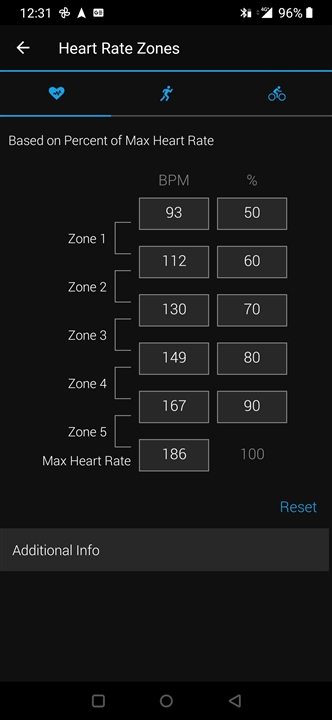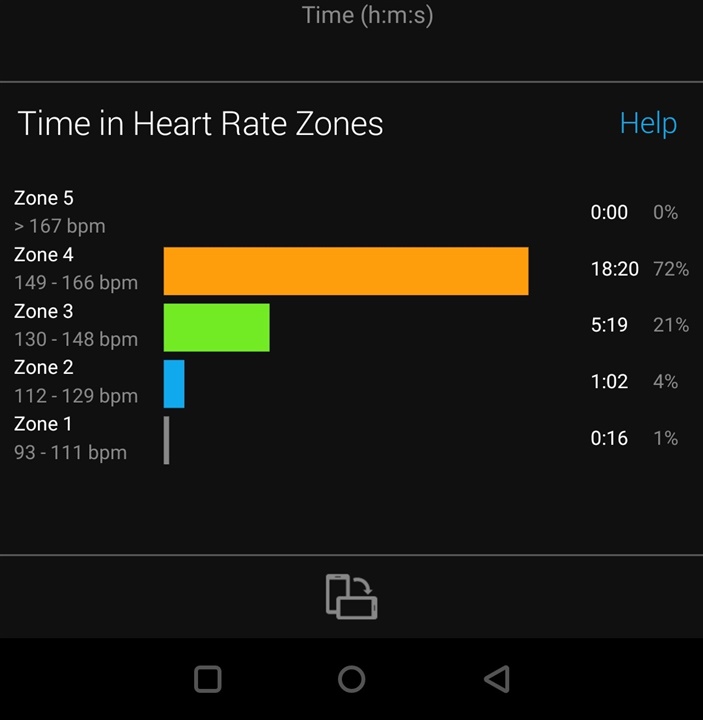I have a question about VO2 max.
I'm 39 years old (male) and my Venu calculates my VO2 max after various exercises around 40. My GArmin connect app tells me that is a "poor" score and puts me in the bottom 40% of for my age and gender. It then says my fitness age is 46.
However, other charts I consult has that score at average or above average, including Garmin's own page:
https://www.garmin.com/en-US/blog/fitness/whats-a-good-vo2-max-for-me/
It isn't a big deal at the end of the day, and my VO2max score is on the rise as I continue getting more fit. Still, its a bit discouraging.
Any ideas?




